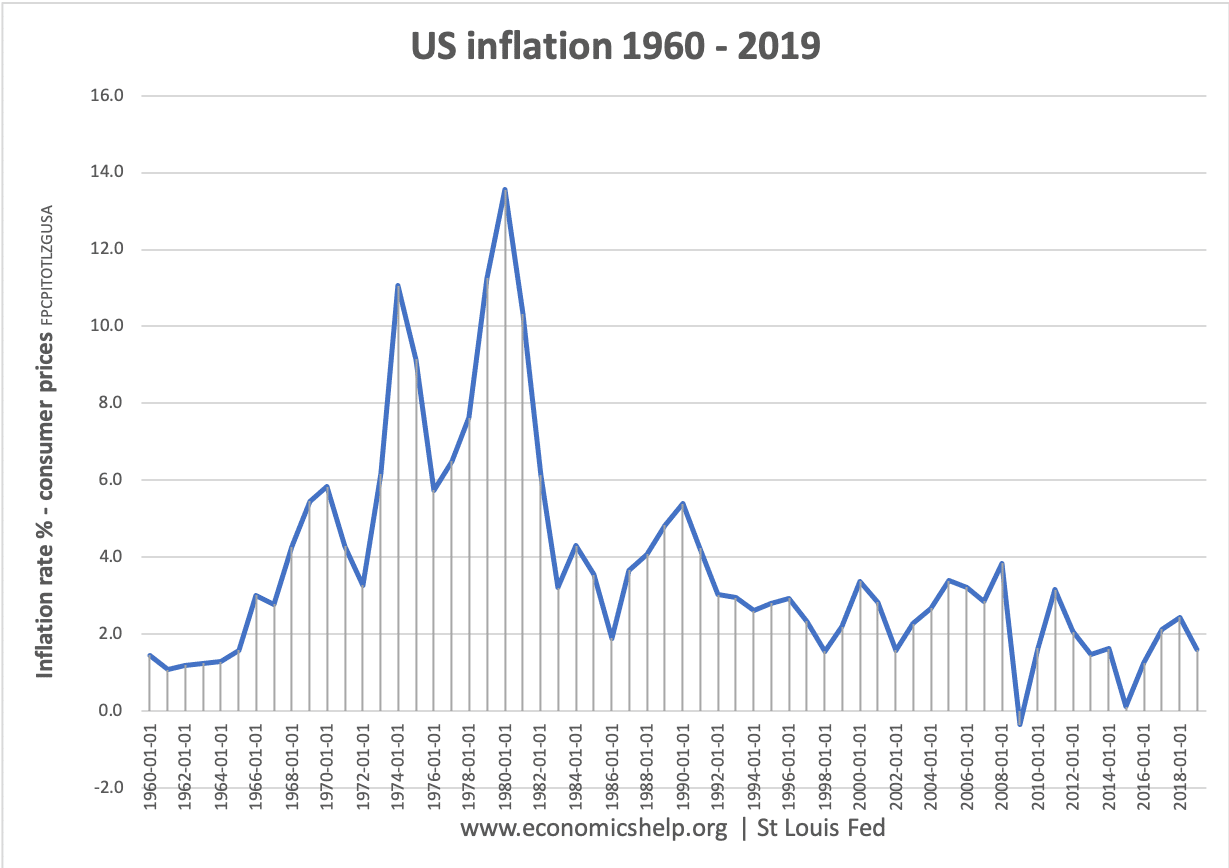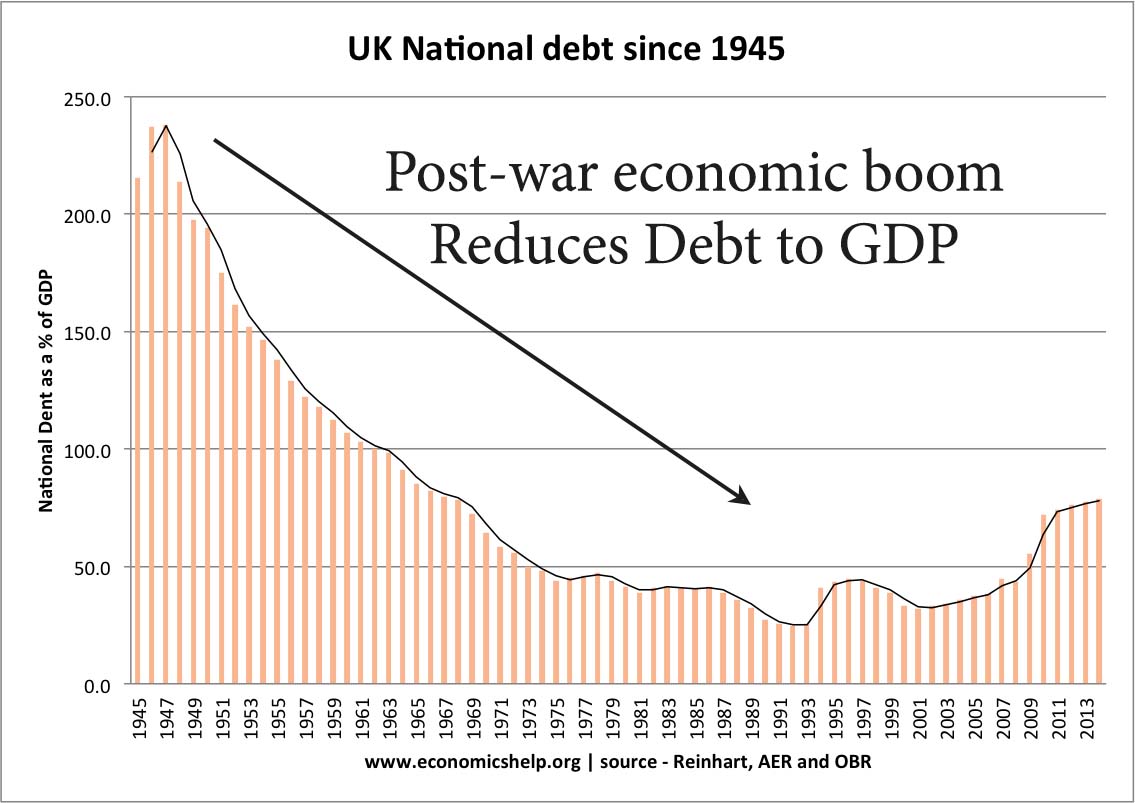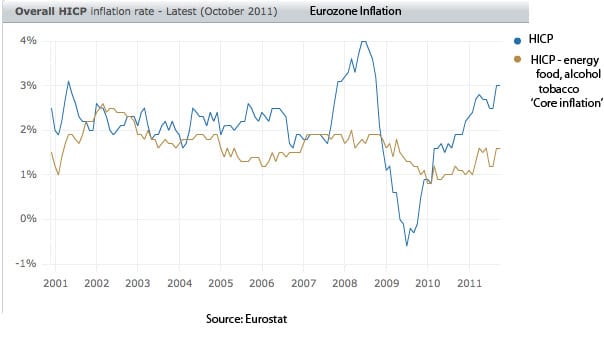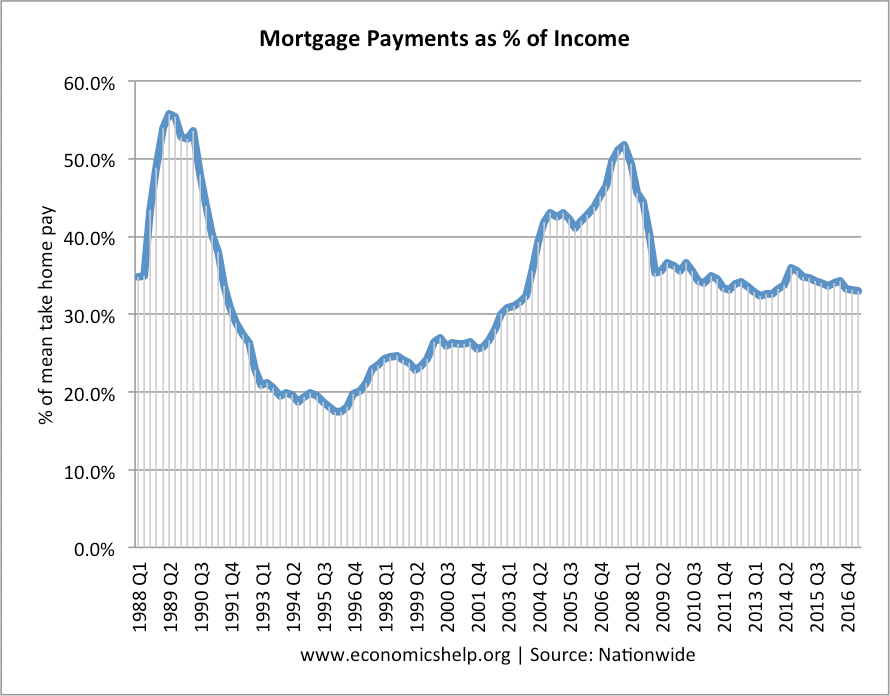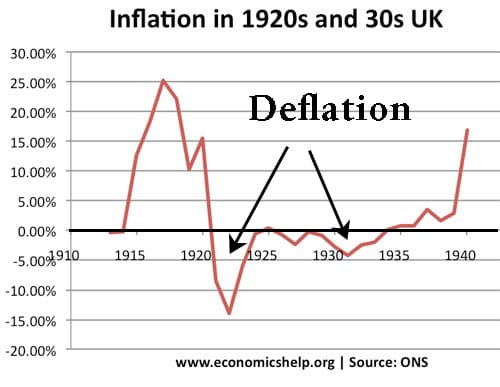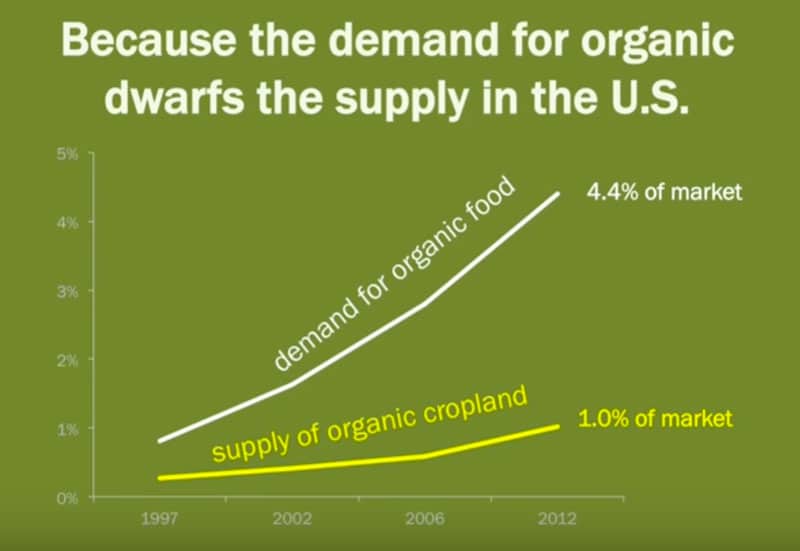Hedonic adjustment and Inflation
Hedonics is the science of trying to work out how much product quality has changed and adjusting inflation to take account of the fact more expensive products are not just inflation, but also improved quality. It is used in the US and UK calculation of inflation. If a TV increases in price by 10%, and …

